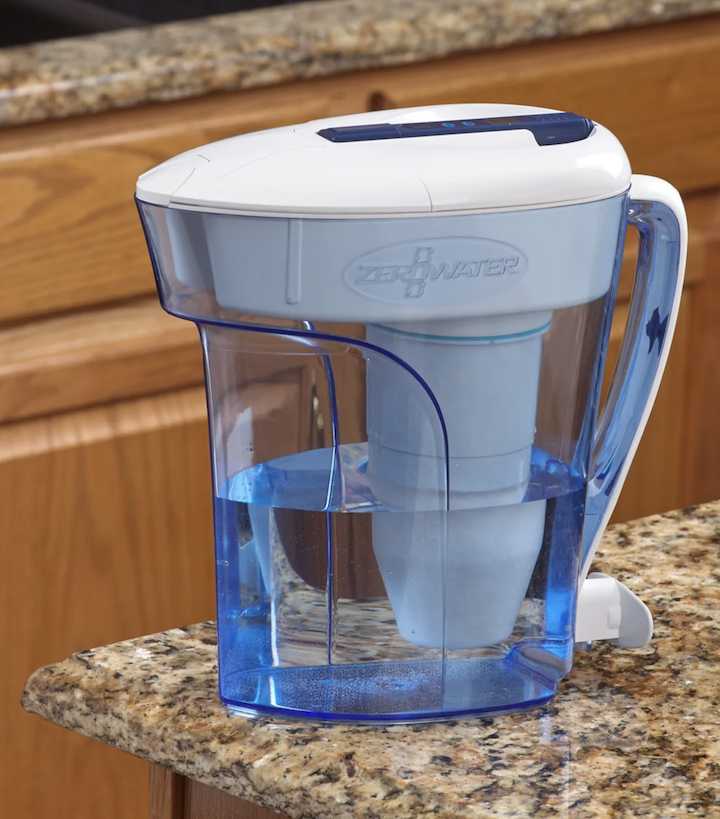WATER WATER EVERYWHERE…
I’m proudly northern and have always been so, but that doesn’t mean that I grew up on a diet of black pudding, hot-pot and dandelion and burdock, although I do like all of the aforementioned. At the age of 18 I left home and moved to London, I liked it, I liked the cosmopolitan atmosphere, the fascinating new food options, the easily available culture and the people, well for some part the people. But there was one thing I hated. Growing up in Lancashire there was nothing better than on a hot day, getting home from school, dashing into the kitchen, turning on the tap and downing a cold glass of delicious water. London water tasted awful in comparison to the tap water back home and it wasn’t long before I understood why southerners would spend money on bottled water.
It didn’t take me long to start to filter my water and I have done so ever since, eradicating limescale in my kettles and scum on my tea. So when a new water filter arrived by courier I was eager to retire my very old one and put the new one into use.

The Zerowater I chose has a very practical design and a far more practical 2.5 litre capacity (there are both smaller and larger options), but it also came with a device to monitor the level of dissolved solids in my tap water. Well I do like a device that tests something so I eagerly ran the tap, took a mid-flow sample and turned on the simple device. It read 244, that’s 244 totally dissolved solids. In truth it didn’t mean an awful lot to me except that the leaflet enclosed said that fell into the high bracket.
I then filled the new water filtering device and waited, not long, for it to run through. I could immediately see that the water was brighter and trusting my own olfactory devices it had none of the usual unidentifiable smell. I put the testing device back into play and it immediately read zero, yes zero. Not prepared to take one reading as proof positive I retested both samples and again 244 for the tap water and zero for the filtered.
Now I know that the scientific amongst you and the doubters will tell me that those dissolved solids may be harmless, and maybe you will be right, I’m no scientist. But what I can say is that the filtered water tastes better, I mean really tastes better. Let’s take a look at the science bit…
TDS, The Science Definition:
Total Dissolved Solids (TDS) are a measurement of compounds like minerals, salts, and organic compounds that are dissolved into the water through contact with rock and other surfaces. TDS can be made up of several different types of compounds (including but not limited to): calcium, magnesium, iron, sodium chloride and sulphides (which are compounds frequently found in groundwater supplies). Increased levels of TDS (total dissolved solids) may affect the taste and appearance of your water.
Why Should You Measure TDS?
Measuring water TDS levels is the best way to understand the quality of your drinking water. Total Dissolved Solids are organic and non-organic sediments found in water, which contribute to a difference in the taste, odour, and appearance of water. Dissolved solids enter your water supply from a wide range of sources — old piping, run-off from road salts, pesticides, fertilisers, and more.
More? What is that ‘more’, I dread to think. Ooh, yeuk, I did think! Thank heavens for the five levels of filter in my new Zerowater device if this is the case. I’m filtering away like crazy once again, filtering and chilling and rehydrating hard in this sudden heatwave.
To find out more go to Zerowater.co.uk today, prices start from just £24.99




















